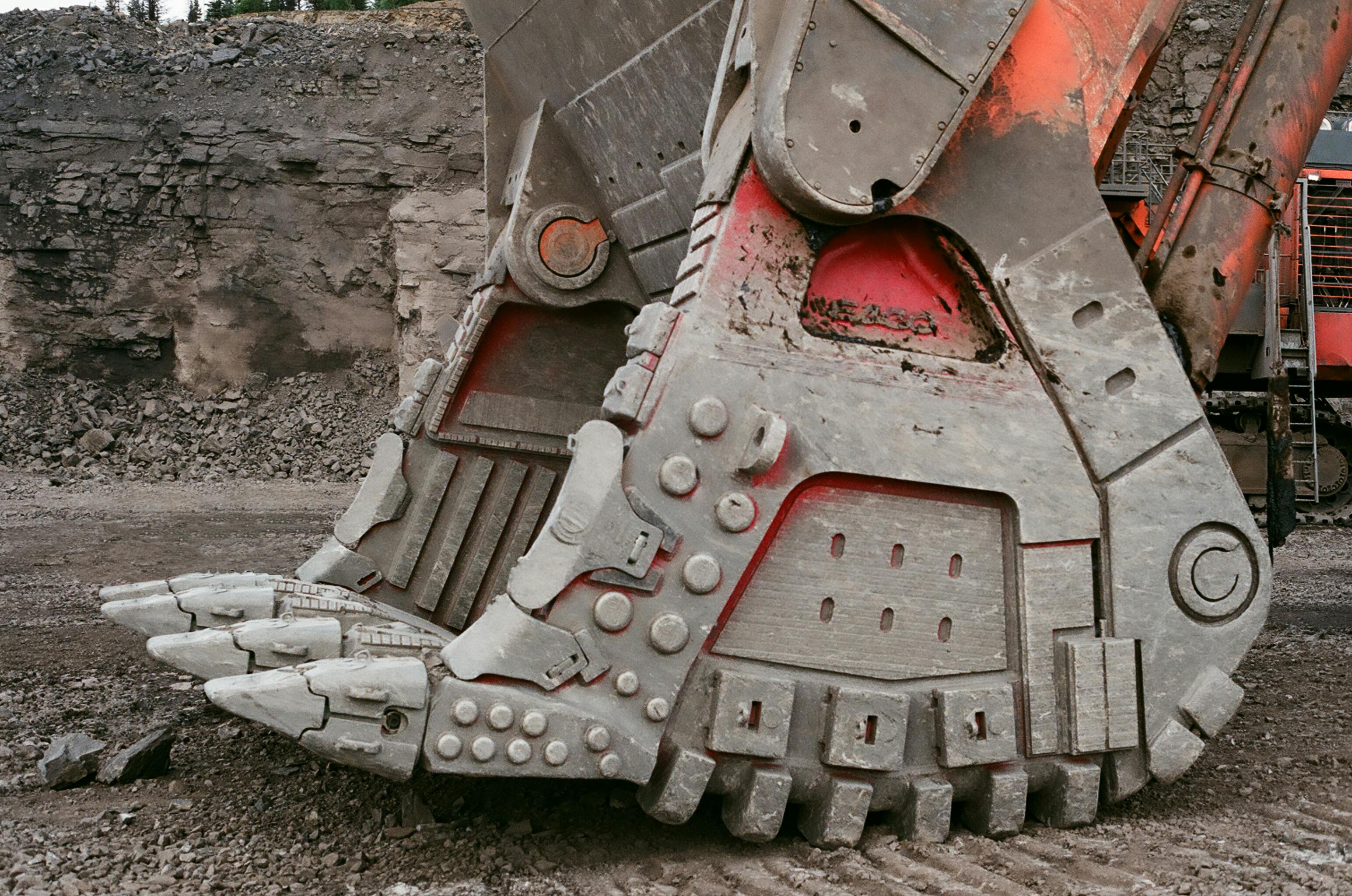
What is an advance care directive?
admin
- 0
Planning for certain aspects of your health care may not seem like a worthwhile thing to do right now, especially since most people only think of old age when they think of an advance care directive. But the truth is that a medical crisis could leave you without the ability to make your own health care decisions. The bitter reality is that a medical crisis does not discriminate based on age.
Having an advance care directive can make a difference. According to the Law Offices of Darrell C. Harriman, an “advance health care directive describes a person’s future wishes for medical care for himself in the event that he becomes incapacitated and is unable to communicate these wishes.” Described by the US Department of Health and Human Services (HHS), an advance care directive can be helpful in some situations. For example, an illness might prevent you from making decisions about her health care. Or a serious and unexpected injury could leave you disabled. Since neither scenario is restricted to a certain age, an advance care directive could help others know what kind of health care you need and/or want.
And even if it’s not related to illness or accident and is really just due to old age, an advance care directive can help you express your values and wishes when it comes to end-of-life care. Older people often end up living with a chronic illness that requires daily care for weeks or even months before they die. At these times, you may not be able to express your wishes when it comes to your end-of-life care. Describing your desire for hospice or palliative care or giving up any type of care through an advance health care directive can make your wishes clear to your loved ones and their health care providers.
In emergency situations, an advance health care directive can dictate what doctors can and cannot do to keep you alive. These decisions may relate to the use of CPR, tube feeding, IV, ventilator use, comfort care, and/or fluids. Again, other people’s knowledge of your advance health care directive can make all the difference, whether it’s an emergency or not.
An excellent example of the heartache, suffering, financial burden, and headache that the lack of an advance care directive can cause others is the story of Terri Schiavo. According to a New York Daily Times article, Schiavo suffered severe brain damage when a medical emergency caused her to pass out at the young age of 26. She was put on a ventilator to keep her breathing and she ended up in a coma for over two months. When she came out of the coma, she couldn’t speak. Doctors diagnosed her in a persistent vegetative state.
A problem arose years later when Schiavo’s husband moved to obtain a do not resuscitate (DNR) order. Schiavo’s family did not approve, and she defended herself in court against the DNR. The case quickly gained national attention as many argued over who was in control of Schiavo’s medical care. The case ended up lasting 15 years. It included legal maneuvering, procedural delays, five federal trials, 14 appeals, and even the involvement of Congress, Jeb Bush, and George W. Bush, who was president at the time.
Something as simple as an advance care directive would have saved a lot of time, energy, money, pain and suffering. So what does it take to create an advance care directive?
An advance care directive has two main elements. They are a living will and durable power of attorney for health care. In addition, there are other documents that you can use to supplement your advance care directive.
The best part is that you can always adjust your advance care directive throughout your life. Your health is certainly different at 23 than at 67. She may have developed certain health problems that he didn’t need to be aware of earlier in life. Being able to change your advance care directive makes it easier to take those changes into account.
A living will is a document that describes to doctors or other medical professionals how you would like to be treated or cared for if you are incapacitated or dying and unable to make your own decision about emergency treatment. You can outline what you would and would not like, and the conditions under which your wishes apply.
A durable power of attorney for health care is just a fancy name for a document that names someone you choose to make medical decisions for you at times when you can’t. This person may be known as your attorney-in-fact, representative, agent, or surrogate. When it comes to choosing someone to be your durable power of attorney for health care, you need to choose someone you trust. This person should also be aware of your personal values and beliefs. It would help if they have similar values and beliefs to avoid conflict if they don’t support what you’re asking them to do. It also helps if they live in or near your area in case they are needed for your treatment decisions over a long period of time.
In the state of California, for example, there are restrictions on who you can choose to be your durable power of attorney for health care. May not be your supervising health care provider, the operator of a residential or community care facility from which you receive assistance. In addition, you cannot be in the care of an employee at a residential, community, or health care facility where you receive care, unless the person you choose is your spouse, relative, or co-worker. It is also advisable to choose an alternative or backup durable power of attorney for health care. This can be helpful if your first choice is unable or unwilling to make difficult health care decisions for you.
Other documents that can be written to supplement your advance care directive may describe your wishes about a single medical problem or something that is not yet covered. You can provide your durable power of attorney for health care with specific instructions about things like blood transfusions or kidney dialysis, treatments that may be needed in the future.
When it comes down to it, you have to ask yourself some tough questions about what you would want in certain medical situations, most of which end up being life or death. It’s a difficult conversation to have with yourself, but it will make a difference in shaping your life, as well as help make things easier for your loved ones.

